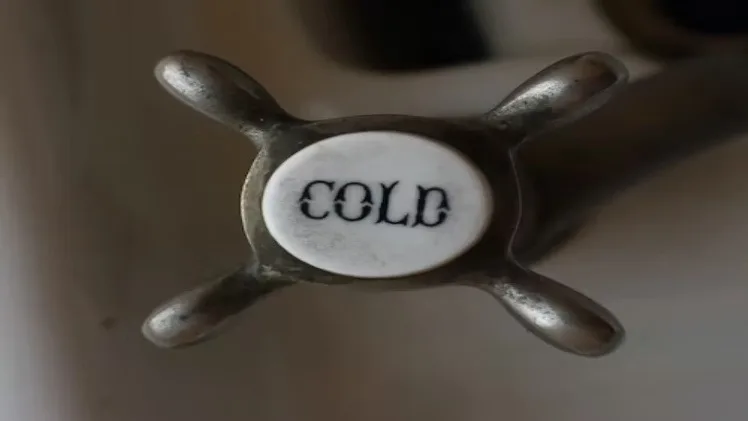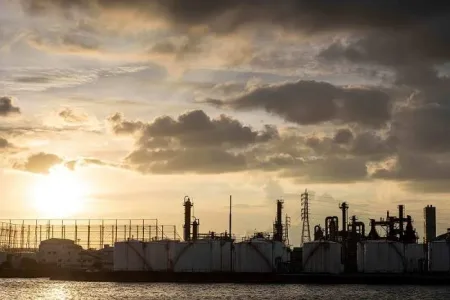It’s no secret that Australia is a place of extremes—especially when it comes to the weather. During the summer months, Australia boasts some of the highest temperatures in the southern hemisphere. On the other hand, winter months often produce temperatures cold enough to freeze plumbing pipes.
While it’s true that not all areas in Australia have to deal with temperatures cold enough to freeze plumbing, it’s always good to be prepared. Checking pipes before winter is a common task of commercial plumbing Melbourne companies add to their annual checklists.
Why Do Some Plumbing Pipes Freeze Over in the Winter? Is it a Problem?
Essentially, frozen pipes stem from icy temperatures freezing the water in the pipes. When this happens, pressure can build up in the pipes, which can in turn lead to a rupture. The last thing you need on any day of the year is hundreds of litres of water streaming through your business!
It’s crucial to keep in mind that any type of pipe can freeze, irrespective of what it’s made of. So opting for quality copper or cheaper plastic pipes will put you at the same risk if the temperature drops enough to freeze your plumbing. Pipes that are outside or exposed to the elements are more at risk of freezing over.
Signs to Look Out For
In residential homes, it may be quite easy to see when your pipes are starting to freeze over because the pipes run along the house walls, or you can see them exposed elsewhere. In commercial buildings, it may not be that easy to see these fixtures.
The most common signs to look out for include the following:
- Temperature drops down to zero or lower
- You notice frost accumulating on the exposed pipes
- No water is coming out of the faucet and there doesn’t seem to be a problem at the mains
- Small pieces of ice are coming out of the cold water tap with a slow water flow
Expert Pointers to Keep Your Pipes From Freezing
When you schedule the annual backflow testing Melbourne companies are required to perform, you can ask your plumber to show you the areas where pipes may be most at risk of freezing. That will give you an idea of which pipes to check in the colder months. Effective ways to keep your pipes from freezing over are listed below.
1. Seal Any Holes and Cracks
Pipes or pipe insulation that has become worn over time may develop holes and cracks. In these instances, it’s extremely easy for the pipes to become frozen in colder temperatures.
It’s important to perform an inspection of all the plumbing pipes and identify holes or cracks that should be sealed up. Keep in mind that placing sealant on the pipes is only a short-term fix. Your plumber will have to replace the damaged sections to avoid further damage or leaks.
2. Insulate Exposed Pipes
Another simple way to keep your plumbing pipes from freezing involves insulating them just before the winter sets in. Keep in mind that this not only includes pipes that run along the outside of your building but also those in basements, attics and even parking garages.
Your plumber will be able to recommend the best type of insulation to use, depending on the location of the pipes. However, the most common options to consider include the following:
- Heat cables
- Pipe sleeves
- Heat tape
To ensure that insulation is done correctly and without damaging the pipes or attached fixtures, always have a professional do the job. This will ensure that your pipes still look tidy during the winter months. In addition to insulating the pipes, you may want to speak to your plumber about covering or insulating exterior taps.
3. Run Hot Water Through the Pipes
If the temperature unexpectedly drops, you can avoid pipes freezing over by simply running a bit of hot water through them every morning and evening.
To avoid this being a total waste of water, consider pouring vinegar and bicarbonate of soda down the drains and sinks as well. This will clean and sanitise your pipes, while removing any odours. The hot water on the other hand washes the vinegar mix through the pipes and the heat of the water keeps them from freezing.
You can also pour unused kettle water into the drains and sinks before locking the office up at night. Or, give all the toilets in your bathrooms a final flush before locking up.
Final Thoughts
If you live in an area that has been prone to below-freezing temperatures in the past, it’s a good idea to be proactive. Speak to your plumber about the most cost-effective approach to take to keep your pipes from freezing. That way you’ll avoid any potential bursts and leaks this coming winter.



